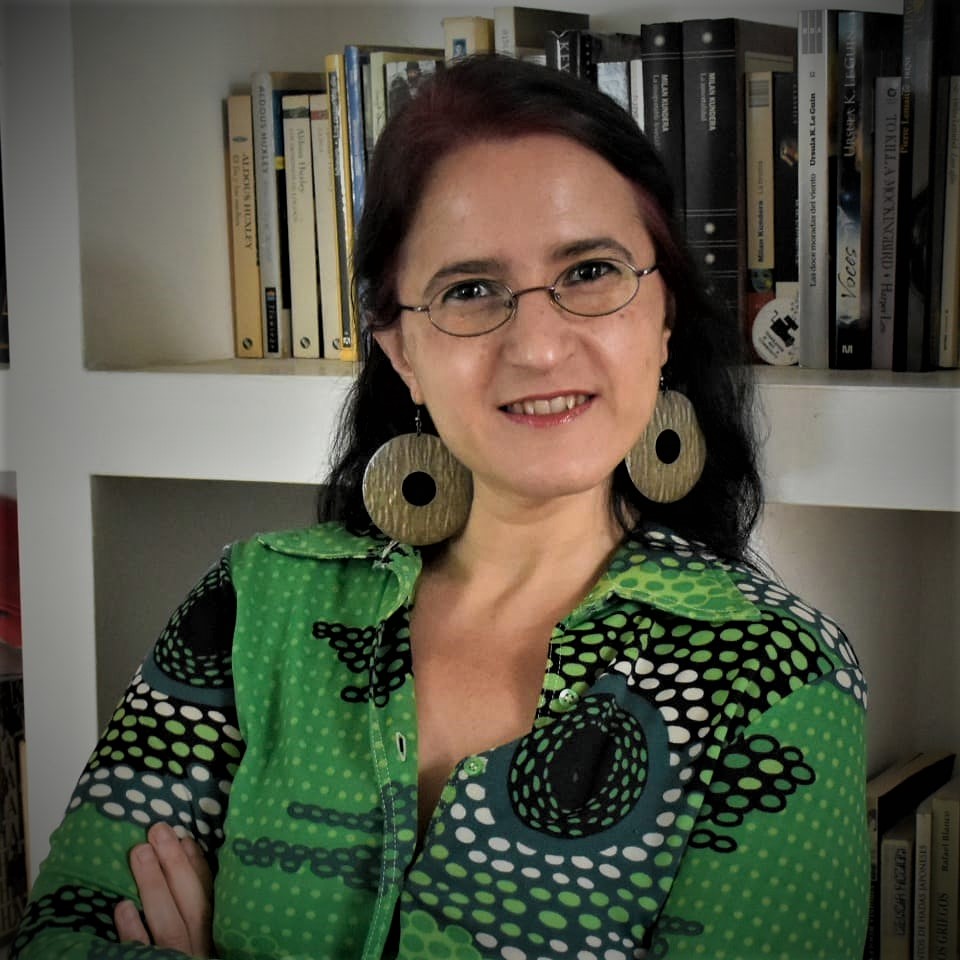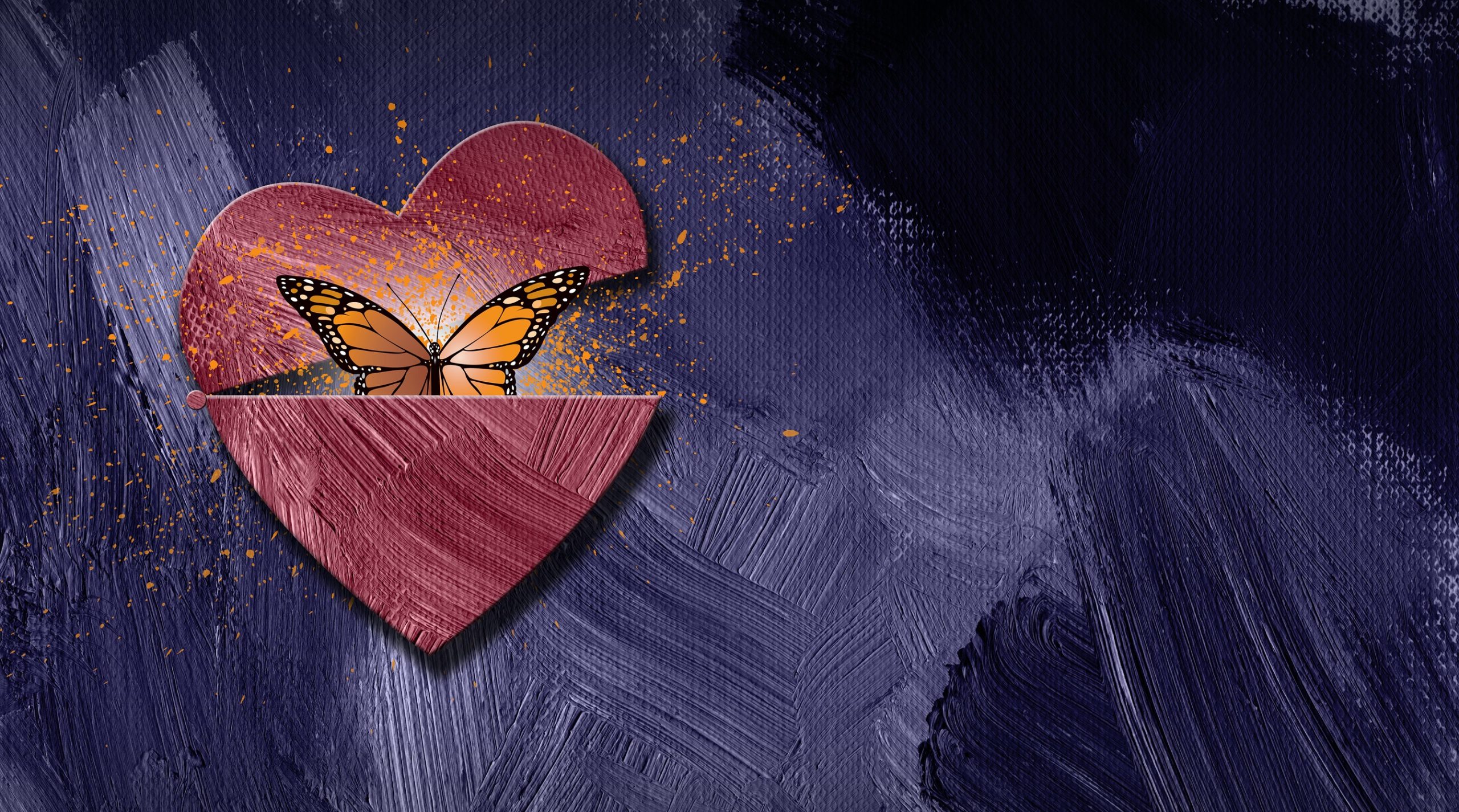
Erika Cosenza is kind of a rare breed: a language-loving bookworm who also loves sports as she puts it. She is a translator, interpreter, proofreader, editor, lexicographer, and journalist with more than 20 years of experience in English, Italian, and Spanish.
She is one of those inspiring achievers who have turned their passion into a profession. She shares a part of her story with us here.
Tell us a bit about yourself. Who is Erika Cosenza?
Born in Buenos Aires, Argentina, from Italian parents, I’m a language-loving bookworm who also loves sports. A bookish four-eyes who also swims, works out, and runs—a “runnerd” (a nickname I didn’t choose but I really like).
I have been working as a freelance translator and interpreter in two language pairs (English, Italian>Spanish) and as a proofreader and editor for 20 years. I also have 5 years of experience in Portuguese>Spanish translation and I am currently training in German>Spanish.
I’m a member of three professional associations: IAPTI (International Association of Professional Translators and Interpreters), AATI (Argentina Association of Translators and Interpreters), and PLECA (Argentina Association of Proofreaders and Editors).
I also teach a literary translation workshop. I have worked as a TV host and a journalist and as a lexicographer developing Spanish dictionaries for a well-known Argentinean publishing house.
As a member of TEIFEM (Feminist Translators & Interpreters of Argentina), I passionately believe we can practice our profession in a different way.
My pronouns are she/her.
As a member of TEIFEM (Feminist Translators & Interpreters of Argentina), I passionately believe we can practice our profession in a different way.
Erika Cosenza
What inspired you to become a translator?
Oh, I really can’t pinpoint a single thing or a single “eureka” moment. What I can say is just that I have always been attracted to languages and communication. And, of course, I have always been a bookworm. Maybe it has something to do with having learned my ABCs simultaneously in three languages.
When I was a child my answer to “What do you want to do when you grow up?” was clear: a translator and a journalist. Not an astronaut, not a doctor, not a fireperson—a communicator. That’s how I have always seen myself. And I was fortunate enough to be able to pursue my goal.
Who do you look up to as a role model?
I don’t really have a role model—or not just one. I look up to so many people who fight against social, racial, and gender injustice. And I’m proud to know so many colleagues who are changing the way we see and practice our profession.
What do you think is the biggest misconception people have about being a translator?
There are many misconceptions. But I think the root of all misconceptions is thinking translation is easy—you just need to know two languages, and that’s it, you’re a translator. People don’t usually realize how creative — and how demanding! — our work is.
I love that I keep (re)discovering works of fiction and authors. I love that I can combine my profession and my activism. I love that I can help people reduce, as Andrew Chesterman puts it, the communicative suffering.
Erika Cosenza
What do you love most about being a translator?
Every single thing! I really love what I do—yes, even the “boring” technical stuff. I love that I keep learning things. I love that I keep exploring new worlds. I love that I keep (re)discovering works of fiction and authors. I love that I can combine my profession and my activism. I love that I can help people reduce, as Andrew Chesterman puts it, the communicative suffering. Translators are builders of bridges, and without us, the world truly would live in provinces bordering on silence, as George Steiner famously stated.
My livelihood and my passion match up, and that’s a privilege.
What would be your advice to someone who wants to become a translator?
Go for it!
Beware, though. It’s an underpaid and — most times — underestimated profession. So, you may struggle. However, don’t be discouraged—it may be tough, but you can totally make a living out of it. Don’t accept peanuts! Your job and you are worth more.
“What do I have to do to become a translator?” you may ask. Well… Study hard! Not just the source language, but also your native, target language. And then study some more: translation studies, CAT tools, and other software, and marketing (keep in mind that you’re your own brand, and you have to know how to market your services). Also, read, read, read. All kinds of stuff: fiction, politics, economics, medicine, science… anything that comes to mind.
Build networks. They usually say translation is a lonely profession, but it doesn’t have to be.
Study hard! Not just the source language, but also your native, target language…
Erika Cosensa
Keep in mind that you’re your own brand, and you have to know how to market your services.
Erika Cosenza is an English, Italian > Spanish freelance translator, interpreter, proofreader, and editor on Seekncheck, with over 20 years of experience in the profession. Contact her through her Checker profile.
